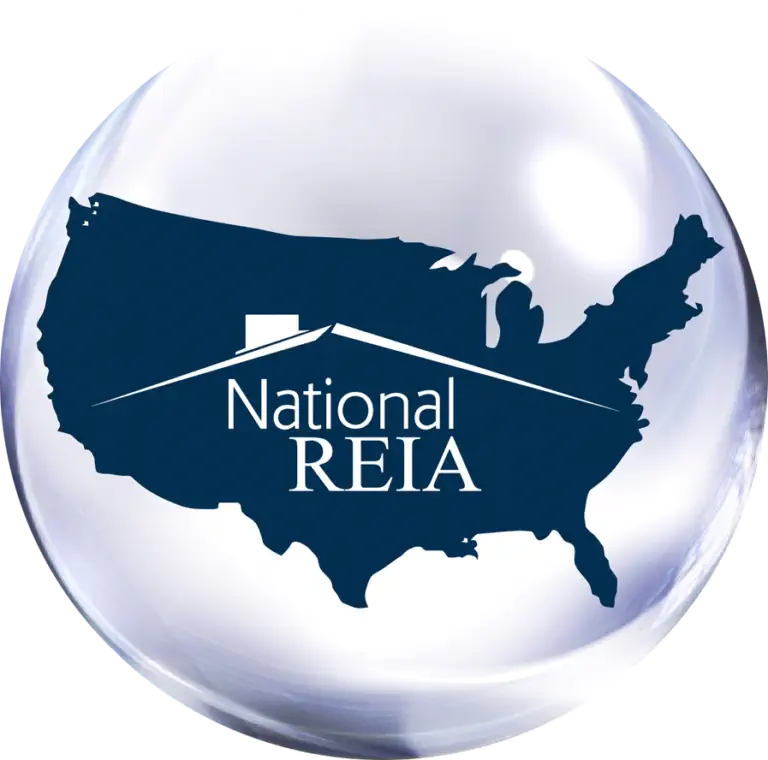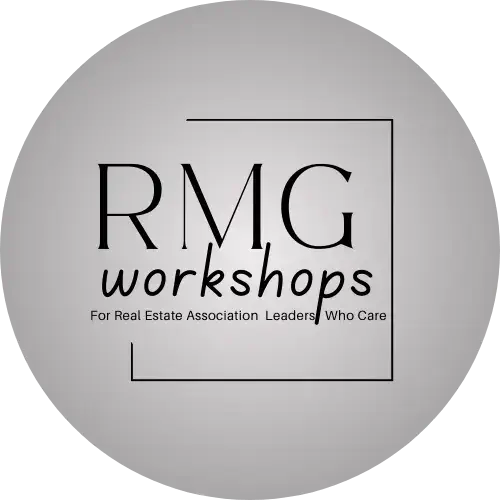This is a guest article by Mike Coppoc, Certified Master Inspector
The city of Independence has maintained its Rental Ready Inspection Program for many years, requiring safety inspections every two years for regular rentals and annually for Short Term Rentals. The price is set by the city at $50 per unit. Properties of 4 or less units under the same roof require them all inspected. If there are 5 or more under the same roof (commercial) it is 10% of the units in each building, for now.
During training, emphasis is placed on the importance of maintaining a focus solely on safety, and not a “gotcha” program. I hope all of us inspecting take that to heart. Contractors are employed for these inspections due to their ability to assess specific safety criteria, however, cannot go beyond the 9 items specifically since we are not codes employees.
Safety Items Include:
- Ensure visible house numbers on the house and visible from the street for emergency responders
- At least one smoke per floor
- At least one carbon monoxide detector per unit
- Functioning GFCI outlets
- Secure handrails
- Sewer lines cannot be leaking or backing up into the house
- Absence of exposed electrical wires such as connections should be in junction boxes and covers on panels
- Safe and operational furnace and water heater
- At least one egress point
Inspectors are strictly limited to assessing these items, without authority to make broader determinations regarding property conditions, newer codes, age of units if they are safe, or things outside the items like pest control.
For example, inspectors must ensure that GFCI outlets are working if they are present, but cannot mandate adding them. Similarly, while inspectors can check components like the flue and TPR tube for water heaters, they cannot require the addition of items like expansion tanks that were most likely not required in older homes. The scope of inspection remains confined to the nine specified safety items. This should be a very quick and simple inspection for the landlord and the tenant. I don’t even go in all the rooms of the house once the basic requirement it met. For example, I don’t go in bedrooms if there is a smoke detector in the hall.
Recent efforts by the city include enhancing enforcement measures to promote compliance with licensing requirements. While maintaining a cooperative approach with compliant landlords or landlords trying to get in compliance, the program will now exert stronger enforcement actions against non-compliant parties. Additionally, the city plans to expand its licensing department to better manage the workload and identify unlicensed landlords.
One notable change is the requirement for LLC-registered landlords to submit a notarized affidavit of responsible party form. This step aims to clarify who specifically is responsible. One of the biggest reasons they reject this form is the information is for the person not the LLC (e.g. social security number not EIN). If I do your inspection, just let me know if you need me to bring my notary stamp. I do not charge MAREI members to notarize these.
They are also formalizing the policy of not transferring utilities back to a landlord or leaving them if a tenant moves out unless there is a license in place. They are starting to ask for your license number if you call to transfer or turn on utilities for a rental.
Although not part of the Rental Ready inspection, just a reminder to provide tenants with a copy of the city Landlord Tenant Guide at each lease signing. You can either do this with the printed booklet and have them sign the back page for your records, or you can provide it digitally if you keep the email for example to show you did provide it.
Please feel free to reach out if you need forms, inspections, have questions, or need to get started on licensing.
Mike Coppoc
callmikeinspections@gmail.com
816-491-3483


